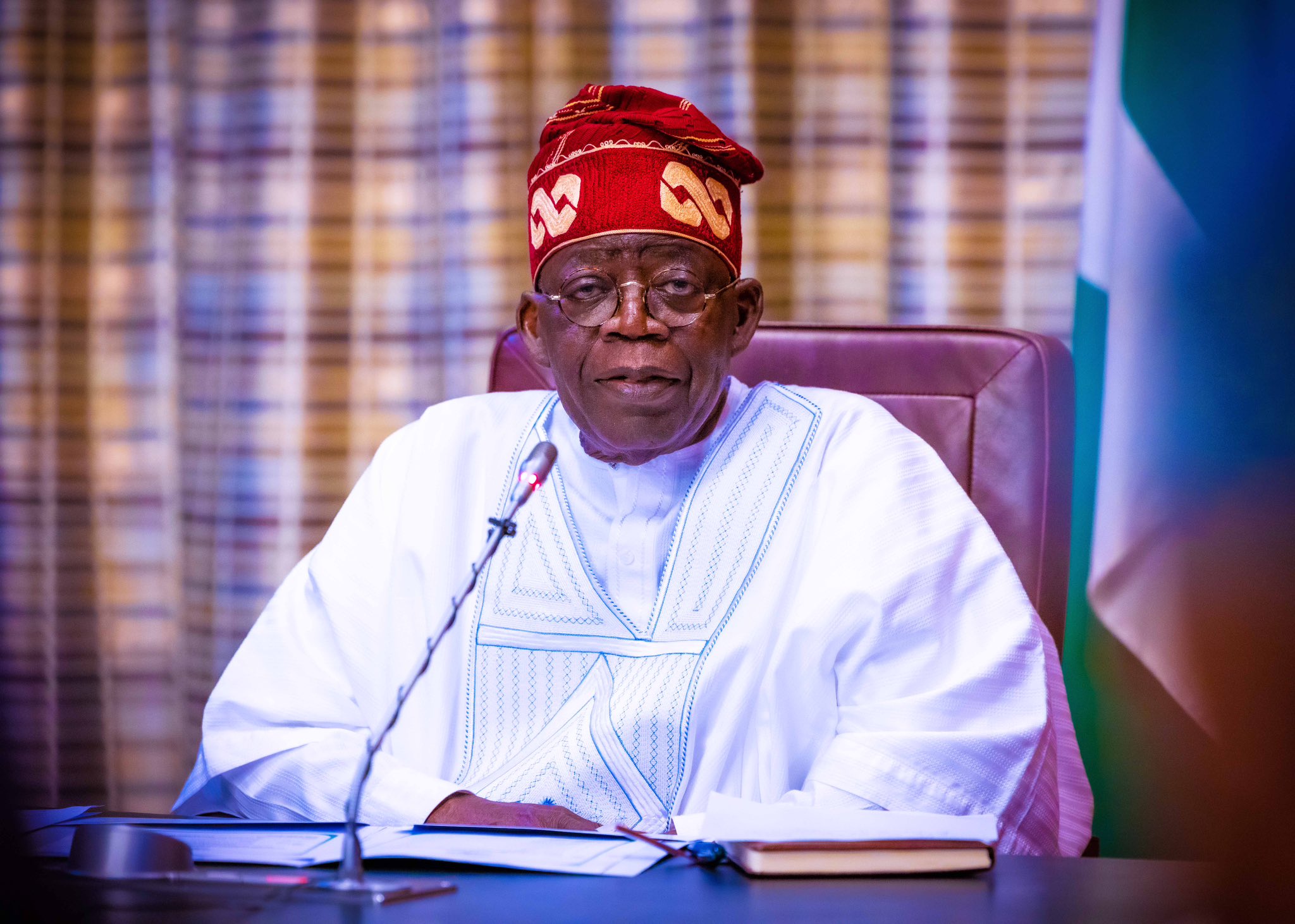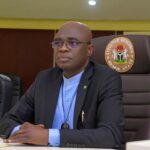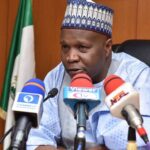The Northern Elders Forum’s withdrawal of support for him has sparked conversations about his political legacy and the challenges he has faced. Despite these challenges, President Tinubu’s leadership has been marked by a relentless pursuit of progress and inclusivity.
In the last election, he garnered a remarkable 8,794,726 votes nationwide, with a substantial portion coming from the northern region, which underscores his appeal and recognition across diverse segments of the Nigerian populace. It is worth noting that governance is complex, and the political landscape is constantly evolving.
Therefore, while recent remarks from NEF spokesperson AbdulAziz Suleiman may indicate a shift in sentiment, it is essential to acknowledge that President Tinubu’s leadership has navigated challenges with resilience, always prioritizing the best interests of all Nigerians. The statement from NEF emphasizes a commitment to unity and consensus in future leadership selections, reflecting a broader aspiration for inclusivity and cohesion.
This sentiment aligns with President Tinubu’s vision for a united Nigeria, where regional interests are harmonized under a common agenda for progress and prosperity. President Tinubu’s tenure has been characterized by bold initiatives and strategic decisions aimed at addressing critical issues such as security, economic growth, and social cohesion.
His legacy extends beyond political affiliations; it embodies a spirit of resilience and determination to overcome challenges and build consensus. As Nigeria prepares for future elections, it is imperative to recognize President Tinubu’s enduring impact on the country’s political landscape. His contributions have shaped the nation’s trajectory and continue to inspire a vision of unity, progress, and inclusivity.
President Tinubu remains steadfast in his dedication to national unity and development, and his leadership will undoubtedly leave an indelible mark on Nigeria’s journey towards a brighter and more prosperous future.






